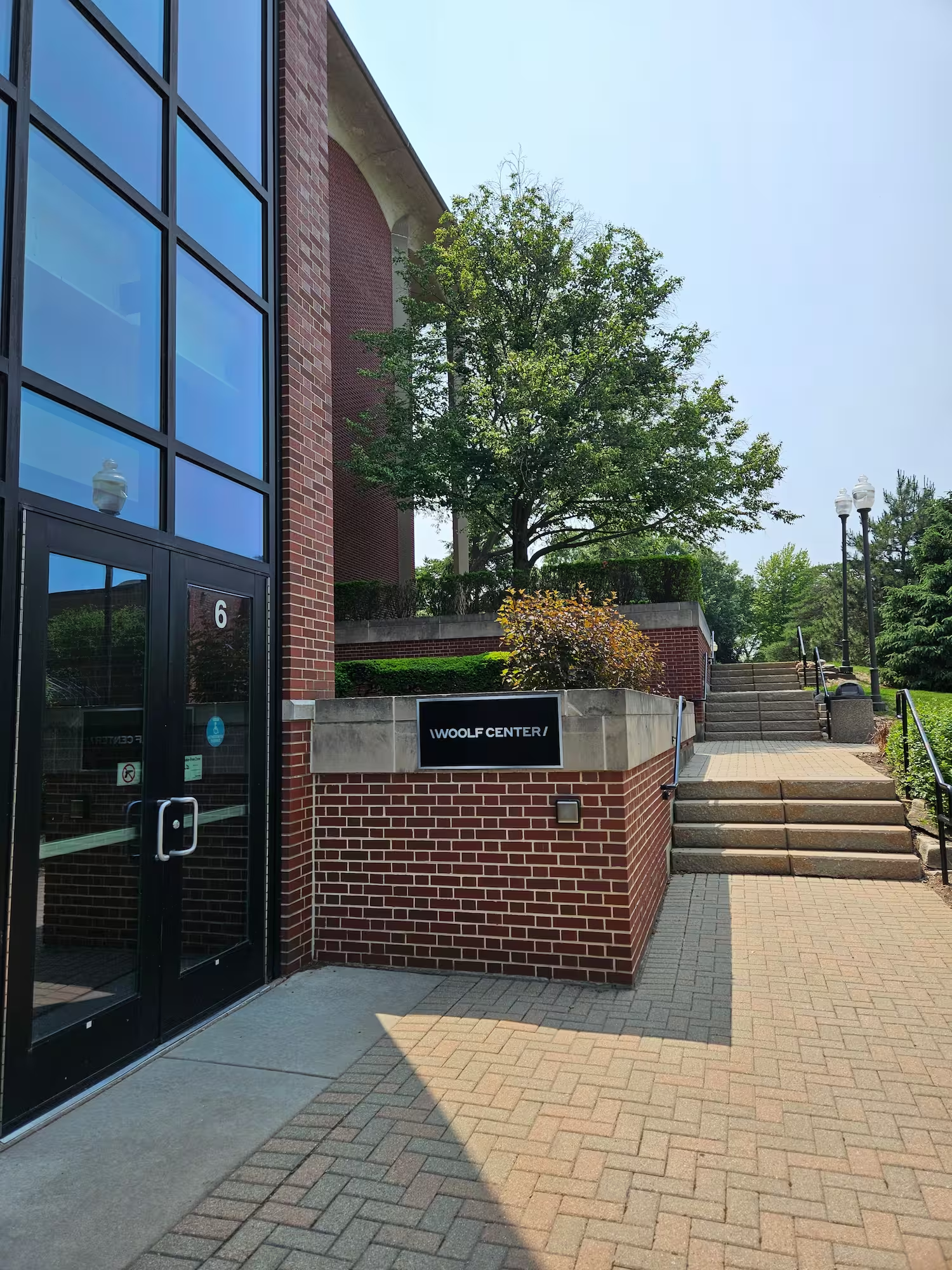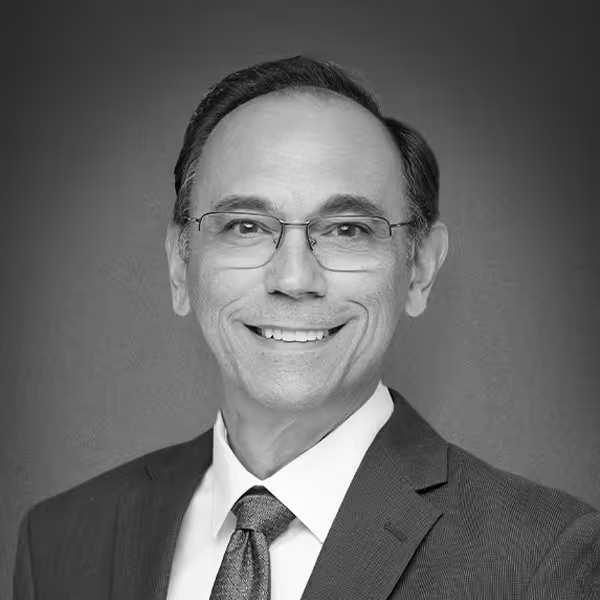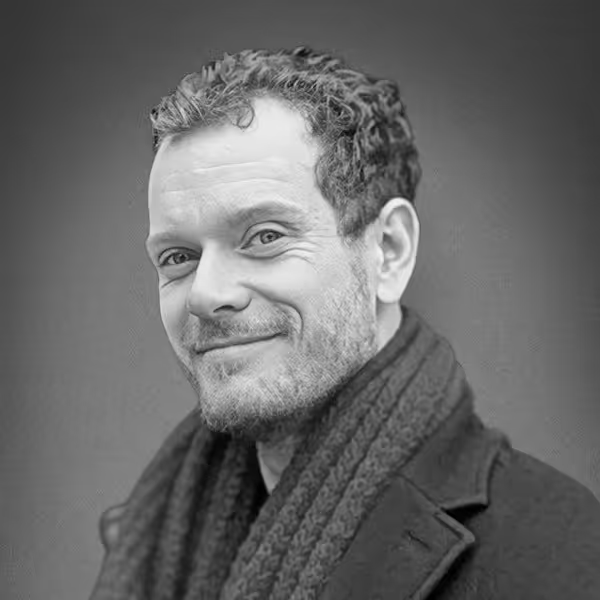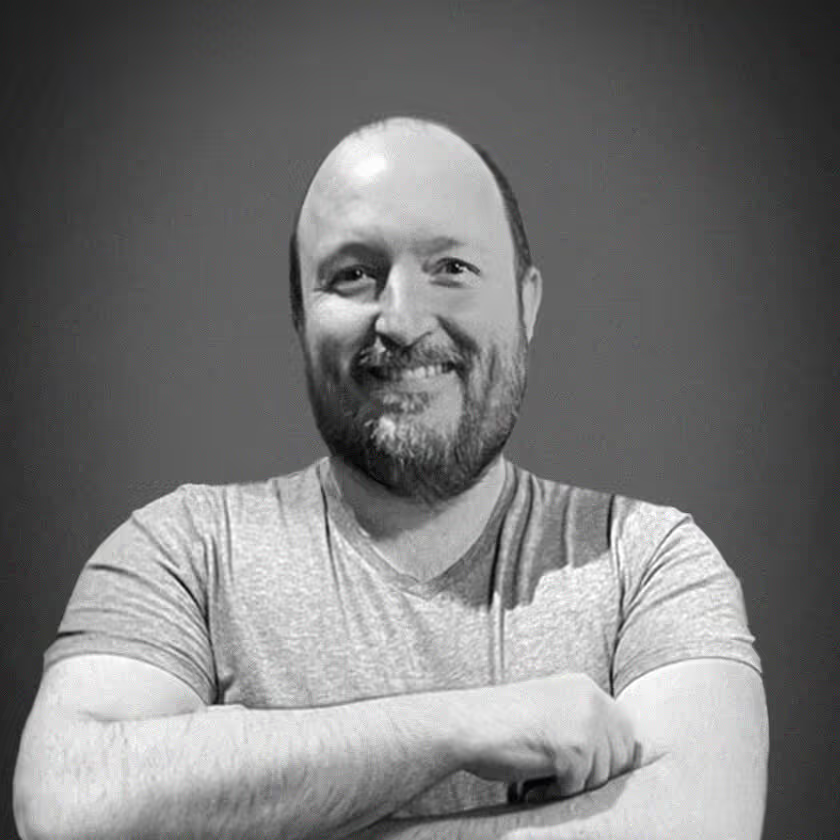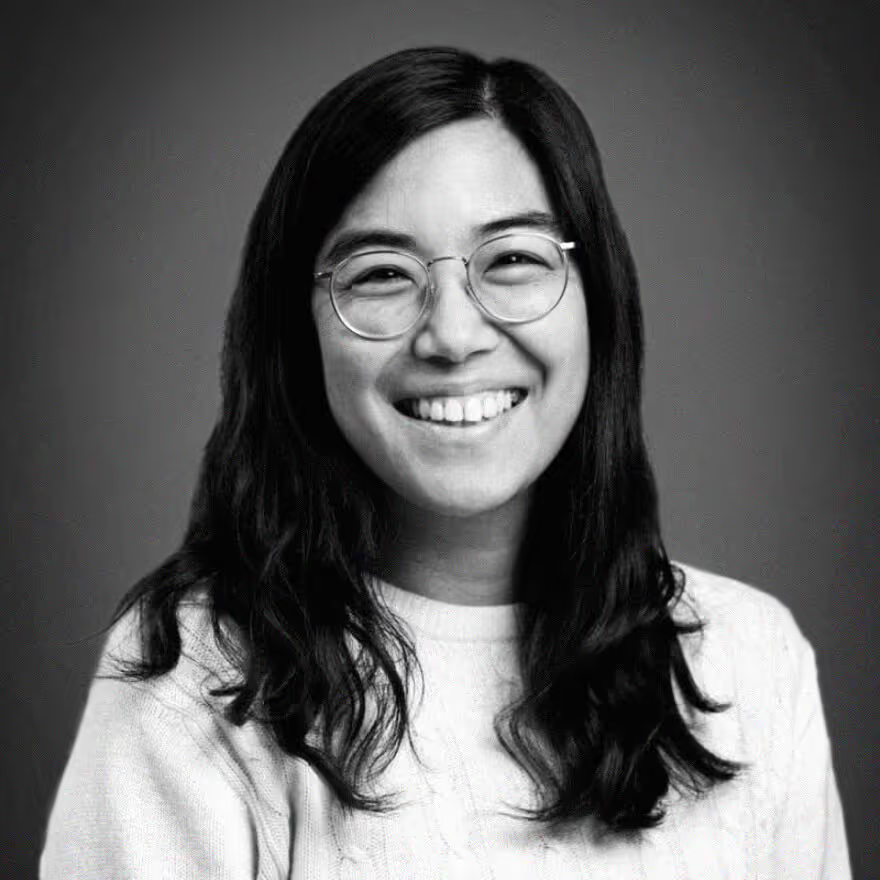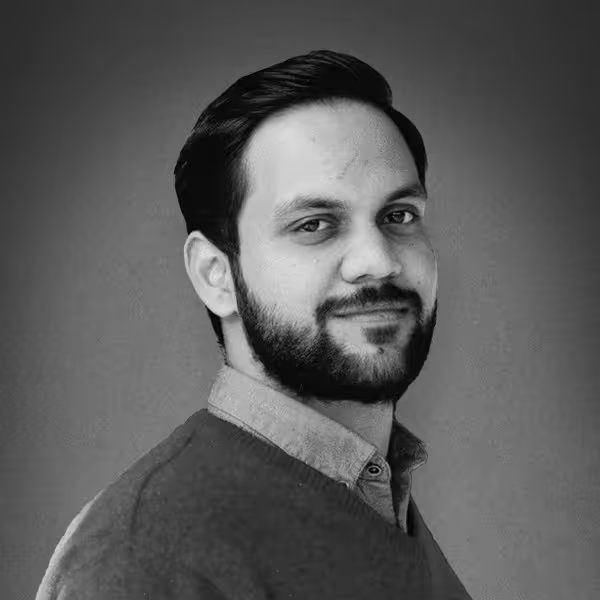Redefining Higher Education for the Global Age
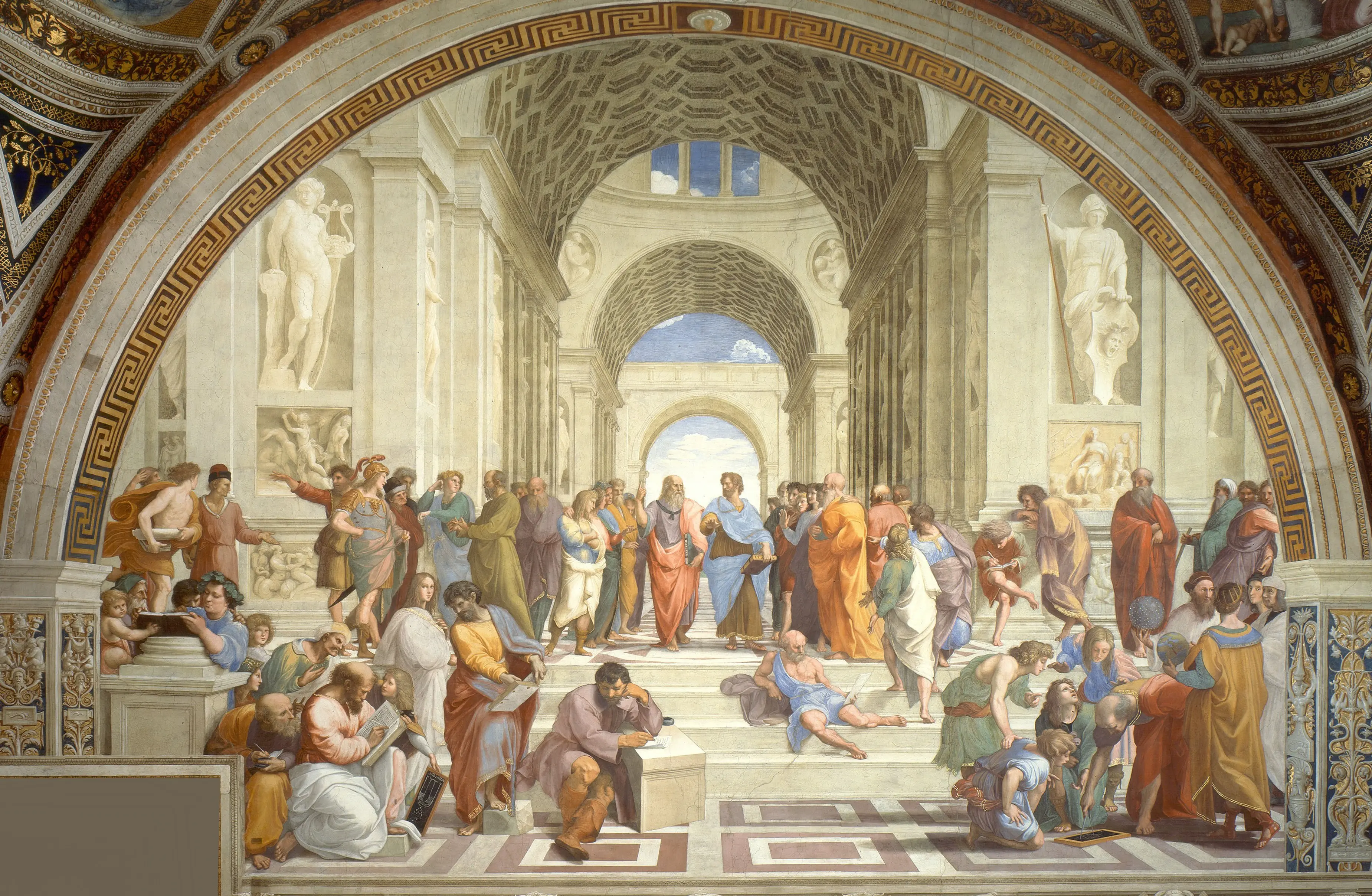
Why we’re called Woolf
Woolf is named after Virginia Woolf, the visionary 20th-century writer who championed education as a pathway to freedom and empowerment.
Why we’re called Woolf
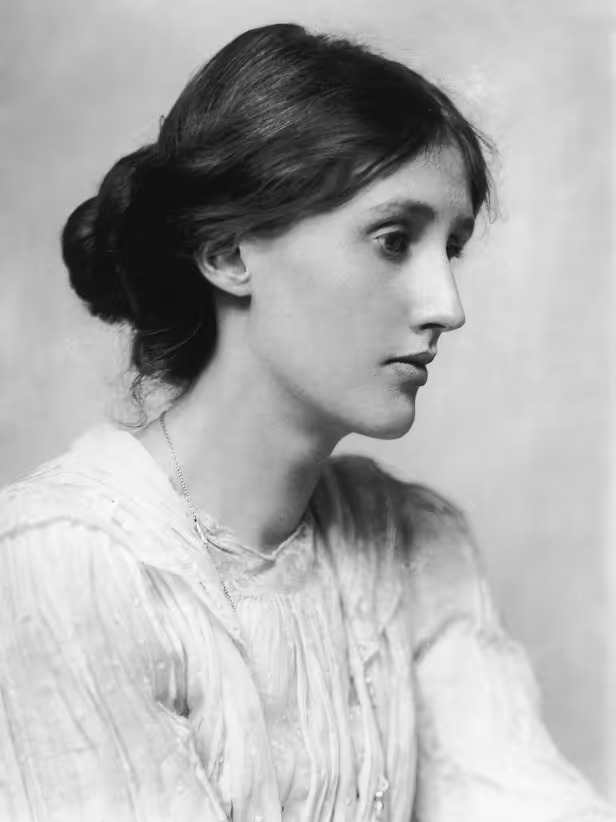
Accessible, quality education can transform lives and provide equal opportunity for all.
Her works, particularly "A Room of One's Own" and “Three Guineas”, explored how education unlocks human potential, creating opportunities for personal freedom and societal progress.
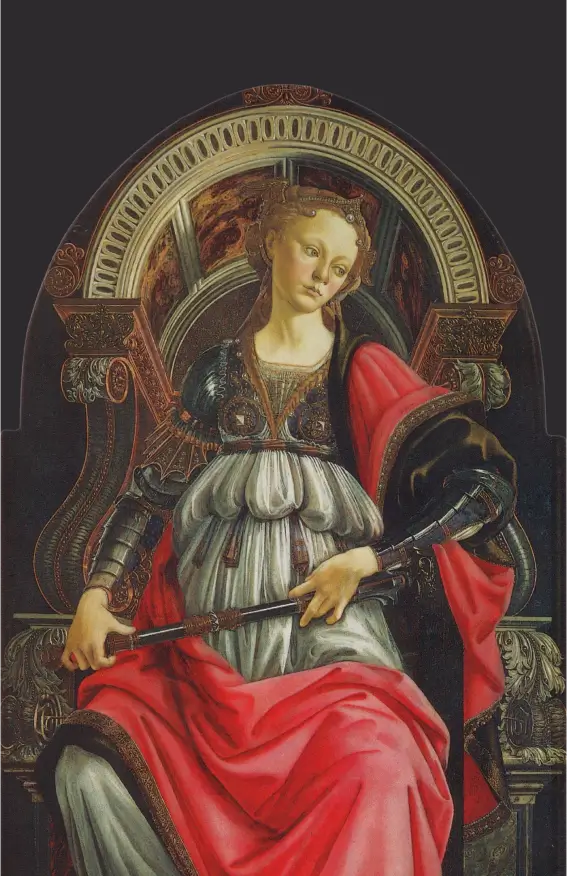
Our collegiate model lets leading education providers offer accredited degrees through Woolf while preserving their own expertise and identity.
Woolf is fully licensed by the Malta Further and Higher Education Authority (MFHEA) and operates under the EU’s Bologna Process, guaranteeing quality, transparency, and recognition of credits across Europe.
800+
faculty members
Consisting of academics, industry leaders, and subject matter experts from around the world.

Our faculty maintain the highest standards of scholarship while pioneering innovative approaches to teaching and assessment.
5continents
70countries

By combining technological innovation with academic excellence, we're creating educational opportunities that transform lives and transcend geographical limitations.
Our vision for the future of higher education
Hear directly from Joshua, Head of Institution at Woolf, about our vision for the future of higher education and how Woolf is leading the transformation of accessible, globally recognised learning.
Quality Assurance, Enhancement, and Technology Alignment Committee
QAETAC is a cornerstone of Woolf’s commitment to academic excellence. The committee upholds and advances the highest international standards, championing a culture of quality and continuous improvement that embodies Woolf’s QA Policy and drives our institutional mission forward.
Physical Presence, Global Reach
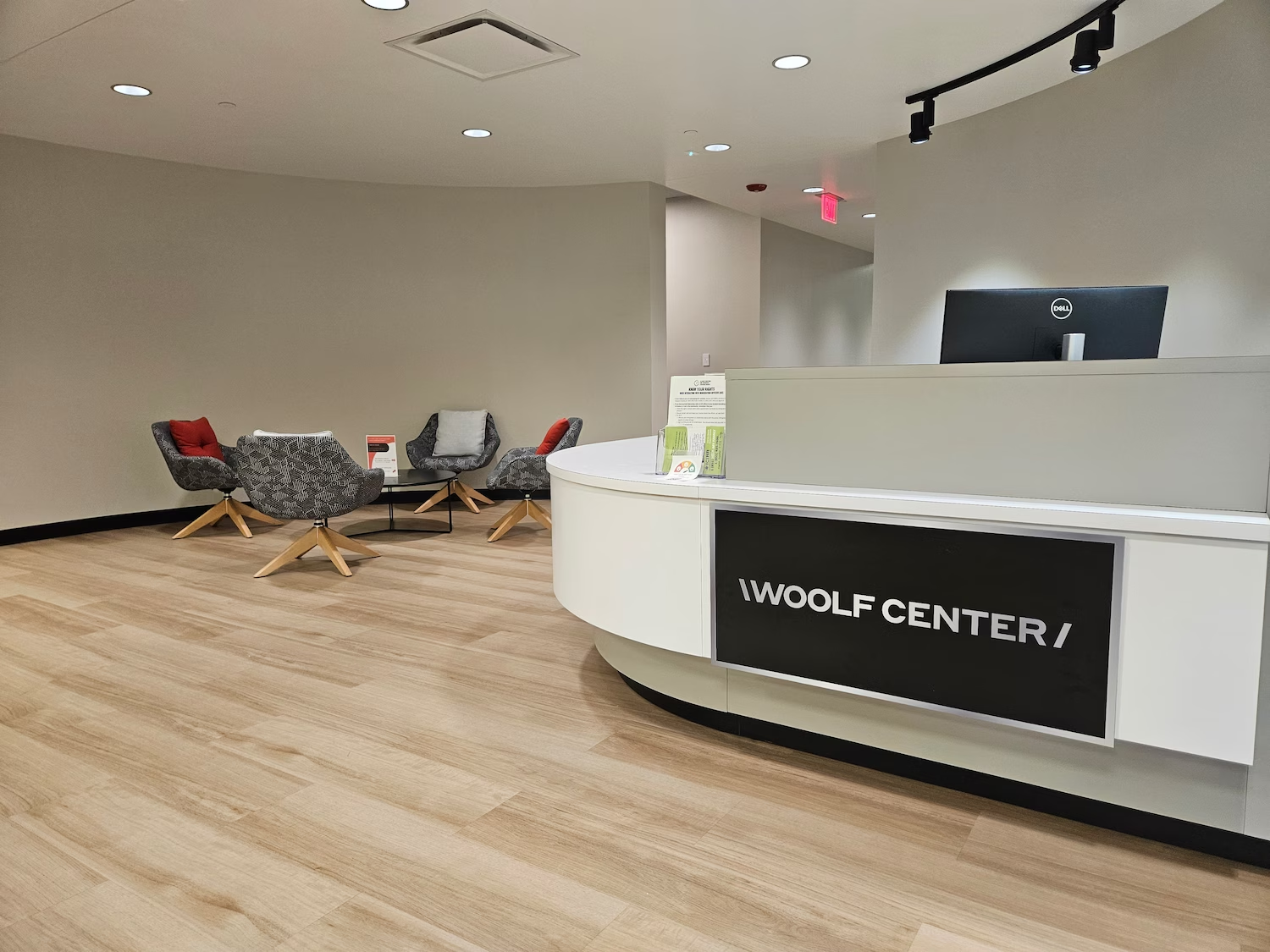
While Woolf embraces the flexibility of digital education, our Woolf Centres provide physical locations where academic activities, research, and collaboration take place.
